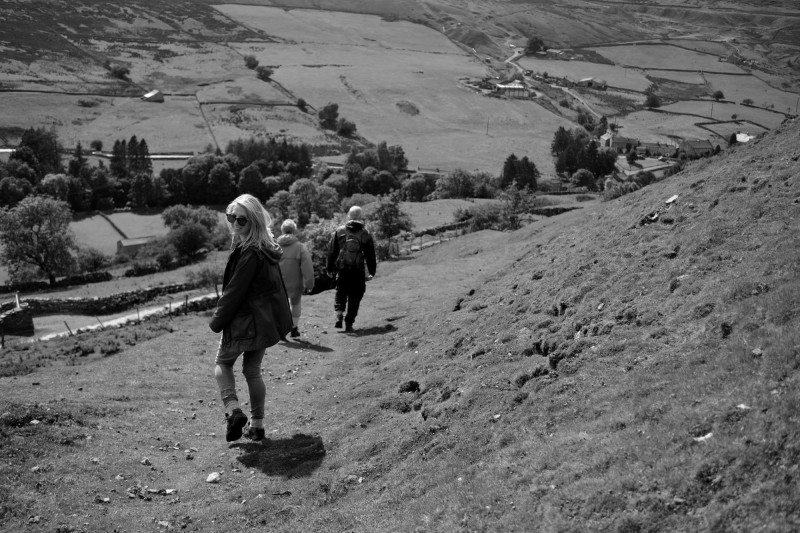Posted on Wednesday, 28th February 2018
Flow. What is it? Something a river does, a name short for Florence, something you’d love a conversation to do on a first date? It can mean a number of things, but for the purposes of this blog post it describes an activity we take part in.
An activity that we participate in which takes all our concentration, yet also feel effortless and, most importantly, makes us feel good.
For different people this will be different things. It could be doing a jigsaw puzzle, gardening or skiing. It is something that requires all your concentration, or rather you will definitely get the most out of it if it does.
The important defining feature of Flow is that it is an activity which relaxes you, but that you are actively participating in. So getting home from work and vegging out in front of the TV all evening doesn’t count. This is, of course something that I’m sure we all do sometimes (me included), and it has its place. But it is not as effective in allowing our brains to switch off and recharge, as flow activities are, Bakker et al 2013).
Bakker et al (2013) found that social (e.g. meeting friends) and physical (e.g. deliberate exercise) activities are linked to better well being compared to low effort activities (e.g. watching TV).
But let’s come back to Flow and think about how you can incorporate it into your daily lives. There are many activities to choose from which could be described as Flow. One of my favourite times of the day is early evening when I’m preparing dinner. It provides me with a great Flow activity. I have a specific task, it needs my full concentration, (if I don’t want to ruin dinner), but it’s not overly taxing, and for me is very enjoyable. There is a rhythm to it.
However, I am well aware that cooking is not everyone’s favourite pastime. Other examples could include; sports, playing a piece of music you know well, mowing the lawn, ironing, or hiking (to a specific destination),
As with most things in this life, it is going to be personal and subjective to you. So how do you work out what your Flow activity could be?
A good way to start is to look at this checklist and see if your chosen activity meets all the criteria needed:
- Enjoyable
- Requires your concentration
- Requires active participation rather than passive
- Time tends to go quite quickly when doing this activity
- Has a specific goal and structure
Mihaly Csikszentmihalyi sums it up quite well by saying “Flow…focuses attention and motivates action” (Csikszentmihalyi 1997).
Whatever you decide to do, all Flow activities have two things in common, they help us recover from stress and they make us happier.
If stress or wanting to be happier are pressing issues to you at the moment and you think you would benefit from talking to someone, then why not get in touch. I’d love to hear from you.
References
Csikszentmihalyi, M (1997) ‘Finding Flow’, Basic Books, New York
Bakker et al (2013) ‘Workaholism and daily recovery: A day reconstruction study of leisure activities’, Journal of Organisational Behaviour vol 34, 87–107
